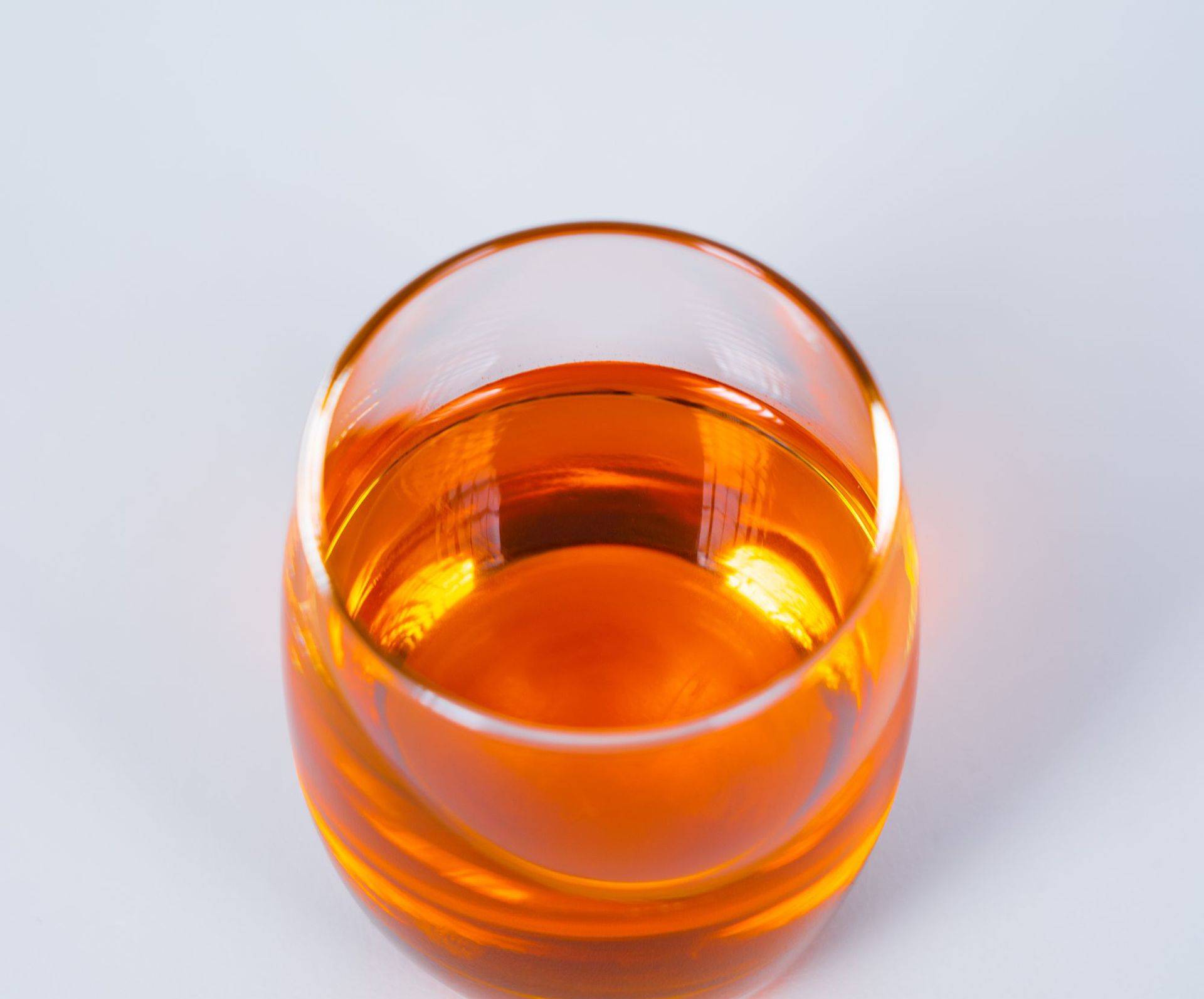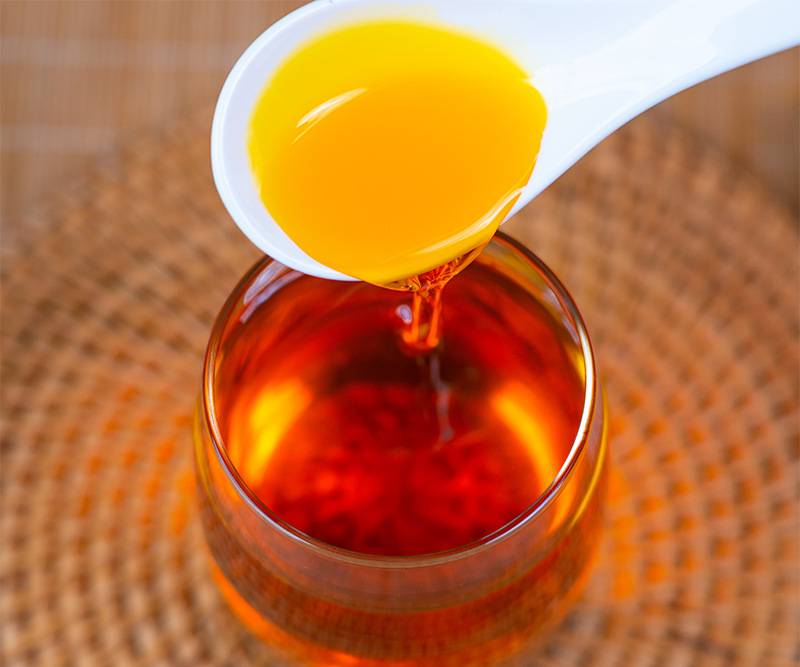General Details
Product name: Sea Buckthorn Seed Oil
Plant latin name:Hippophae rhamnoides Linn.
Production method: Supercritical CO2 Extraction
Appearance: Brownish red oil
Health Benefits
Sea buckthorn seed oil contains 106 bioactive elements and more than ten unsaturated fatty acids, and the two essential linolenic acid and linoleic acid are in a 1:1 ratio.
Besides a rare source of vitamin E, it also provides other vitamins, including Vitamins A, C, D, K, etc., carotenoids, flavonoids, phytosterols, amino acids, serotonin, and 28 trace elements: iron, zinc, calcium, magnesium, selenium, iodine, etc. It is cardiotonic, stomachic, thermotropic, antioxidant, anti-fungal, anti-inflammatory, anti-radiation, and anti-constipation, maintains healthy cholesterol levels, softens blood vessels, reduces blood fat, promotes circulation and natural healing, and is a perfect dietary supplement.
Antioxidant
Sea buckthorn seed oil is rich in beta-carotene and vitamin E, inhibiting oxidation or reactions promoted by oxygen and peroxides and helping to protect the body from the damaging effects of free radicals.
Cancer
It has been estimated that 30-40 percent of all cancers can be prevented by lifestyle and dietary measures alone. Protective elements in a cancer prevention diet include selenium, folic acid, vitamin B-12, vitamin D, chlorophyll, and antioxidants such as carotenoids. One of the most important messages of modern nutrition research is that a diet rich in fruits and vegetables protects against cancer. There is a great interest currently to identify plant products that can be used in cancer chemoprevention that would prevent tumor initiation and promotion. Drug metabolizing, detoxifying, and antioxidant enzymes are important cellular defenses against carcinogenesis.
Due to the antioxidant properties of sea buckthorn seed oil, it may have chemopreventive and antitumorigenic efficacy. Research has also shown that the constituents manifest radioprotection through free-radical scavenging, metal chelation, chromatin compaction, and hypoxia induction. Sea buckthorn seed oil protects whole mic, tissues, cells, and cell organelles against lethal irradiation.
Cardiovascular Health
There is increasing evidence to support the hypothesis that free radical-mediated oxidation processes contribute to atherogenesis.
Research has shown that antioxidant nutrients have the ability to affect cell response and gene expression.
Sea buckthorn seed oil is a rich source of antioxidants, aqueous and lipophilic, and polyunsaturated fatty acids, which may provide cardiovascular benefits.
Immune System
Sea buckthorn seed oil contains several nutrients that may help strengthen the immune system by building immunity at the cellular level.
Skin Care
Sea buckthorn seed oil contains two essential fatty acids, linoleic acid, and linolenic acid, which are precursors of other polyunsaturated fatty acids such as arachidonic and eicosapentaenoic acids. The oil from the pulp/peel of sea buckthorn berries is rich in palmitoleic and oleic acid. Palmitoleic acid is a component of skin.
Research has shown palmitoleic acid to be an important topical agent in treating burns and healing wounds.
This fatty acid can also nourish the skin when taken orally if adequate quantities of sea buckthorn or its oil are consumed; this is a useful method for treating systemic skin diseases, such as atopic dermatitis.
Sea buckthorn oil is already widely used alone or in various preparations, topically applied for burns, scalds, ulcerations, and infections.
Other
Sea buckthorn seed oil has been shown to have additional health benefits for the liver, including treating liver fibrosis and providing a protective effect against liver injury. Research has shown benefits for gastric ulcers, treatment of chronic hepatitis, healthy mucus membranes, and neurotoxicity protection.
Related Articles
- Sea Buckthorn and Anti-Cancer
- Differences in Health Benefits Between Sea Buckthorn Fruit Oil and Sea Buckthorn Seed Oil
- Sea Buckthorn and Cerebrovascular Diseases
- The Effect of Sea Buckthorn on The Blood System
- Sea Buckthorn and Governing Sleep
- Sea Buckthorn and Anti-Cancer
- Ways to Identify if Sea Buckthorn Seed Oil is Pure
- Sea Buckthorn Can Protect the Liver Effectively
- Unique Medicinal Effects of Sea Buckthorn



